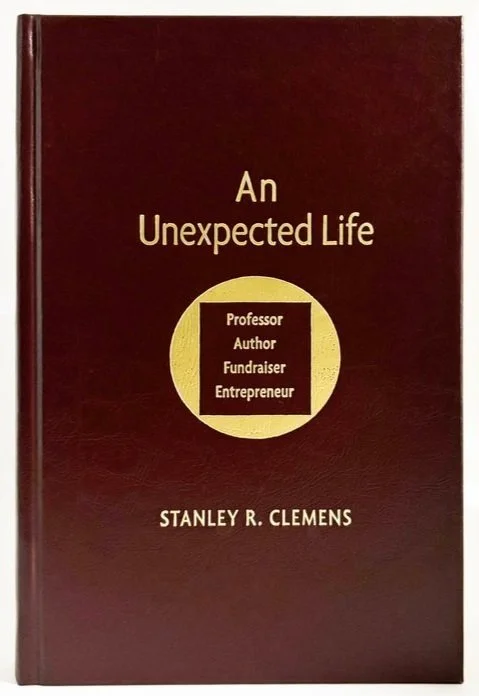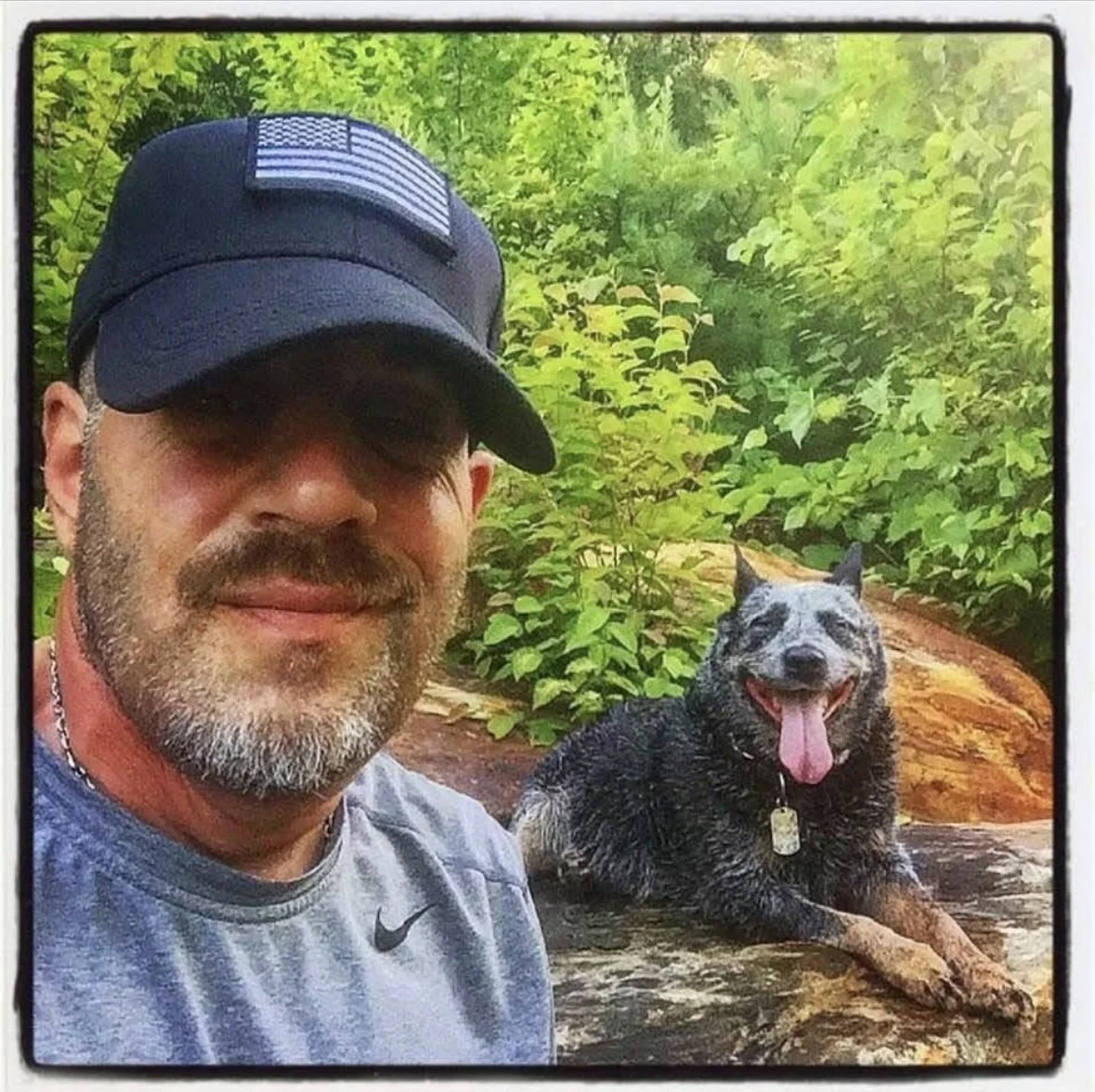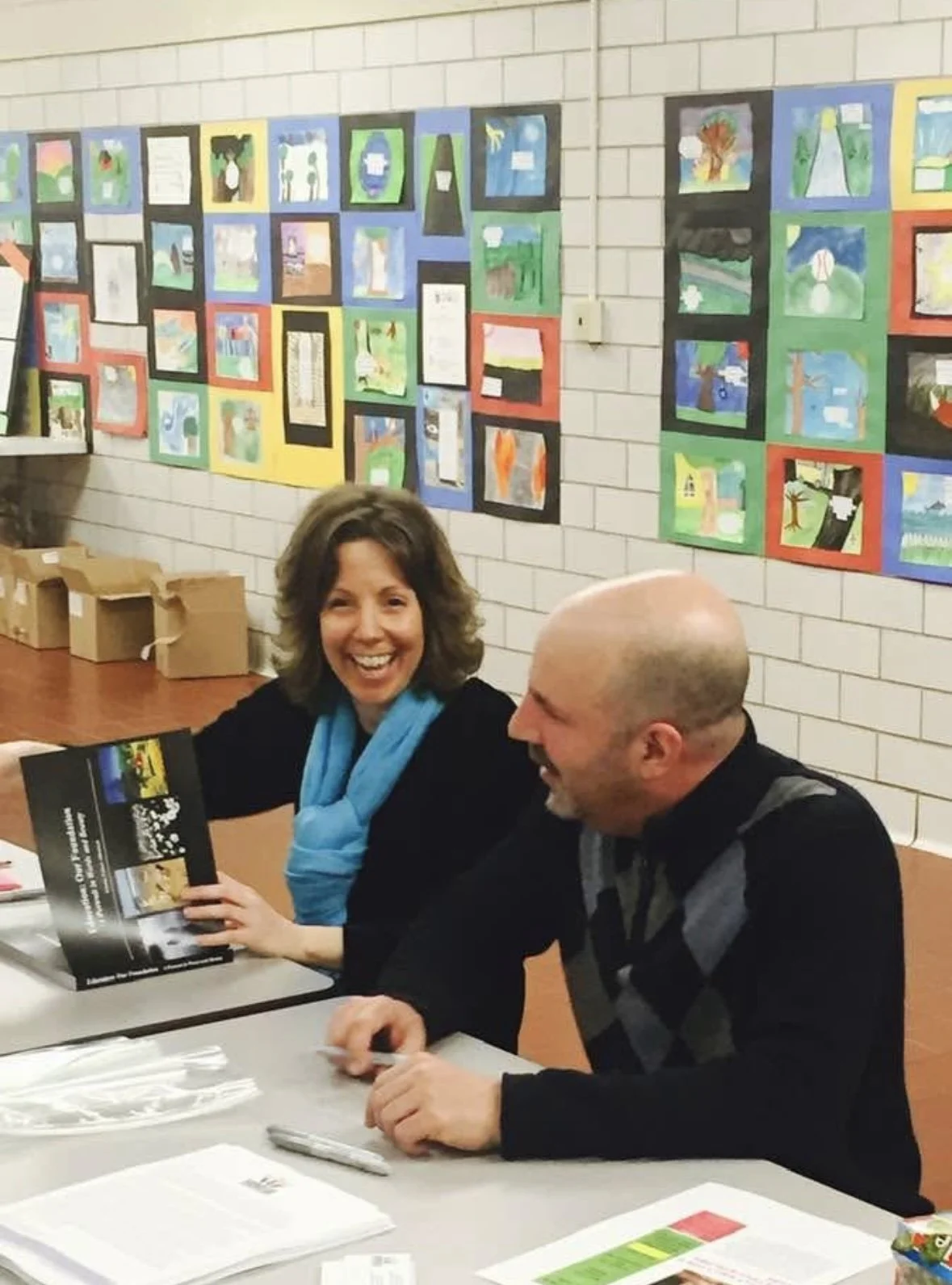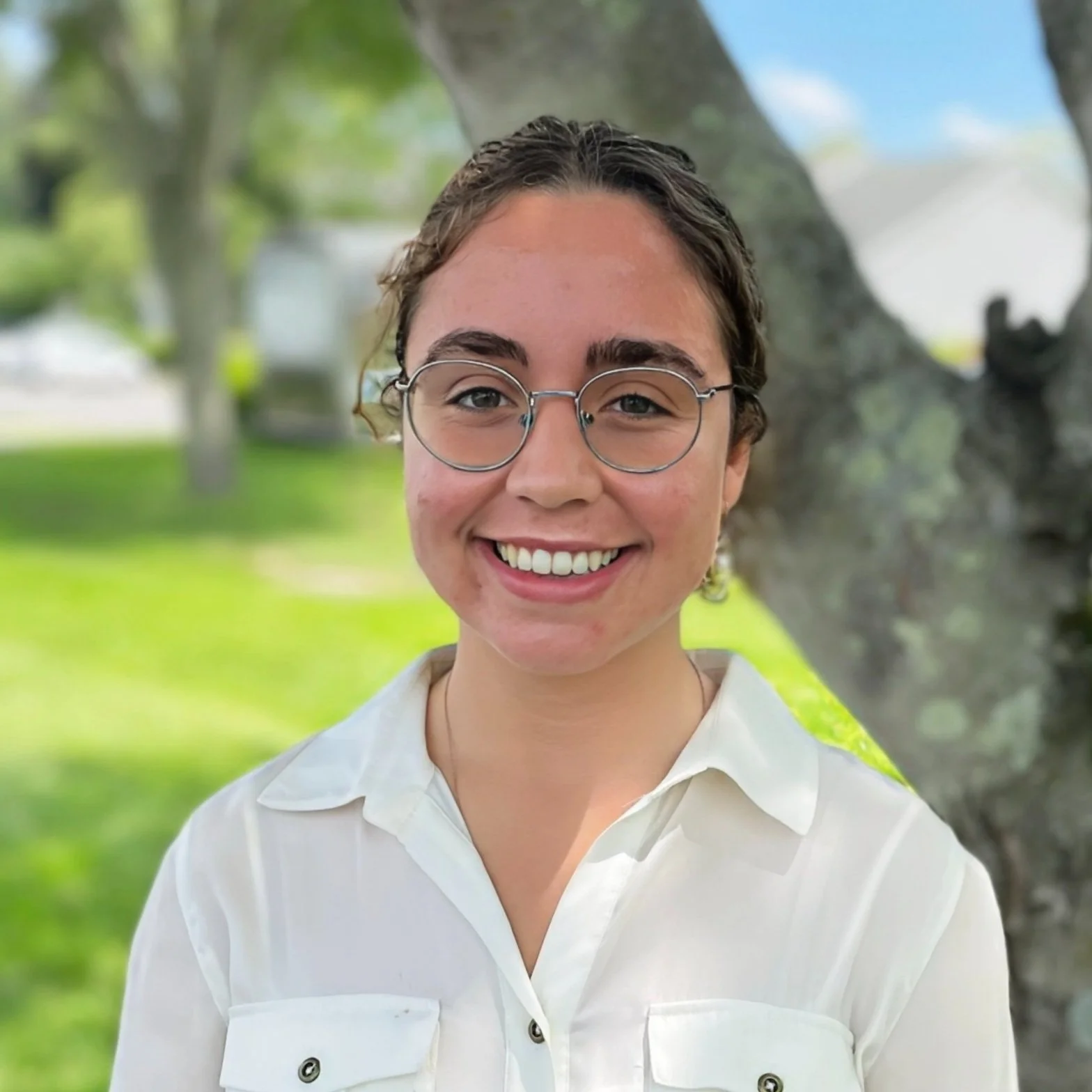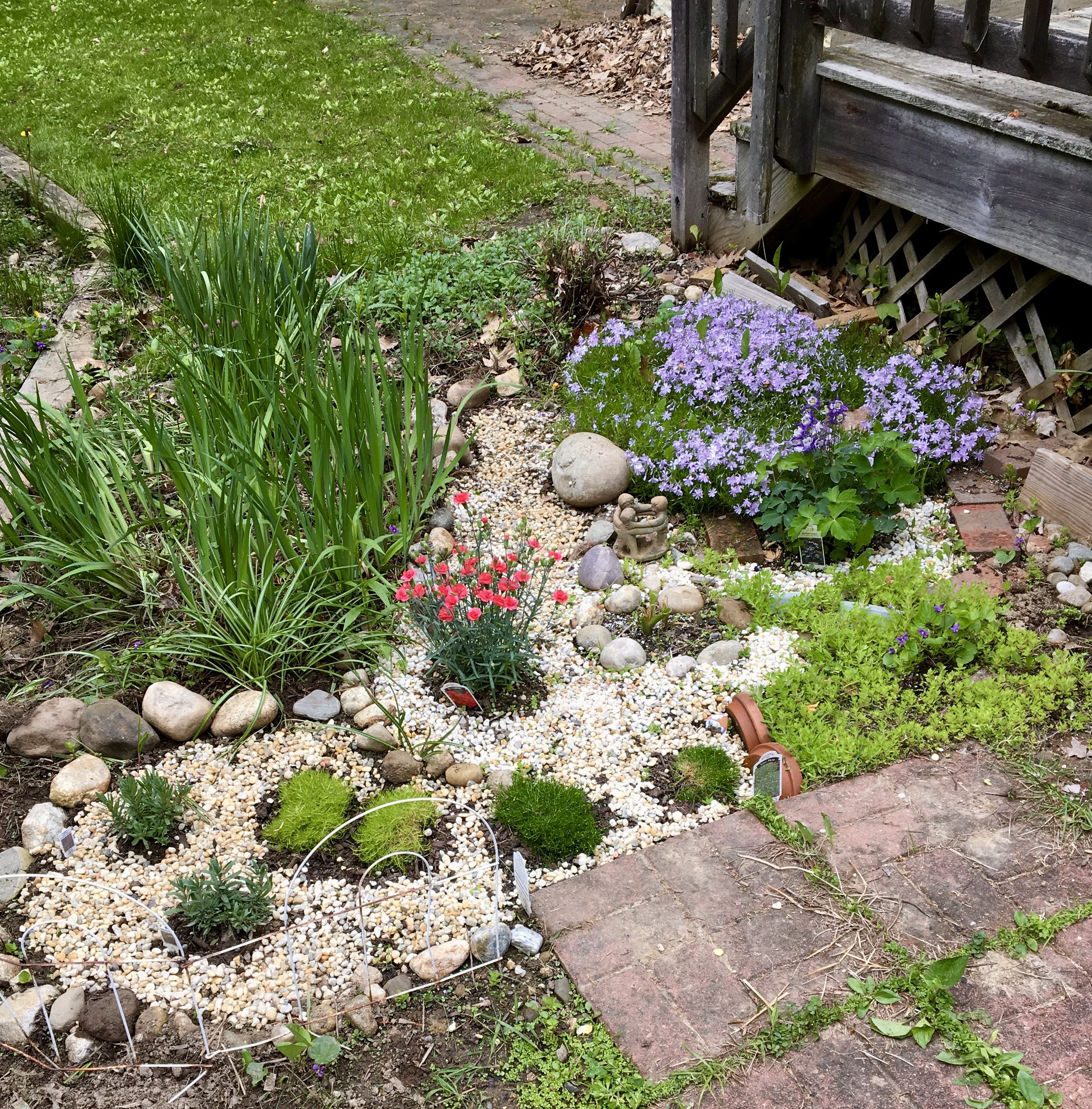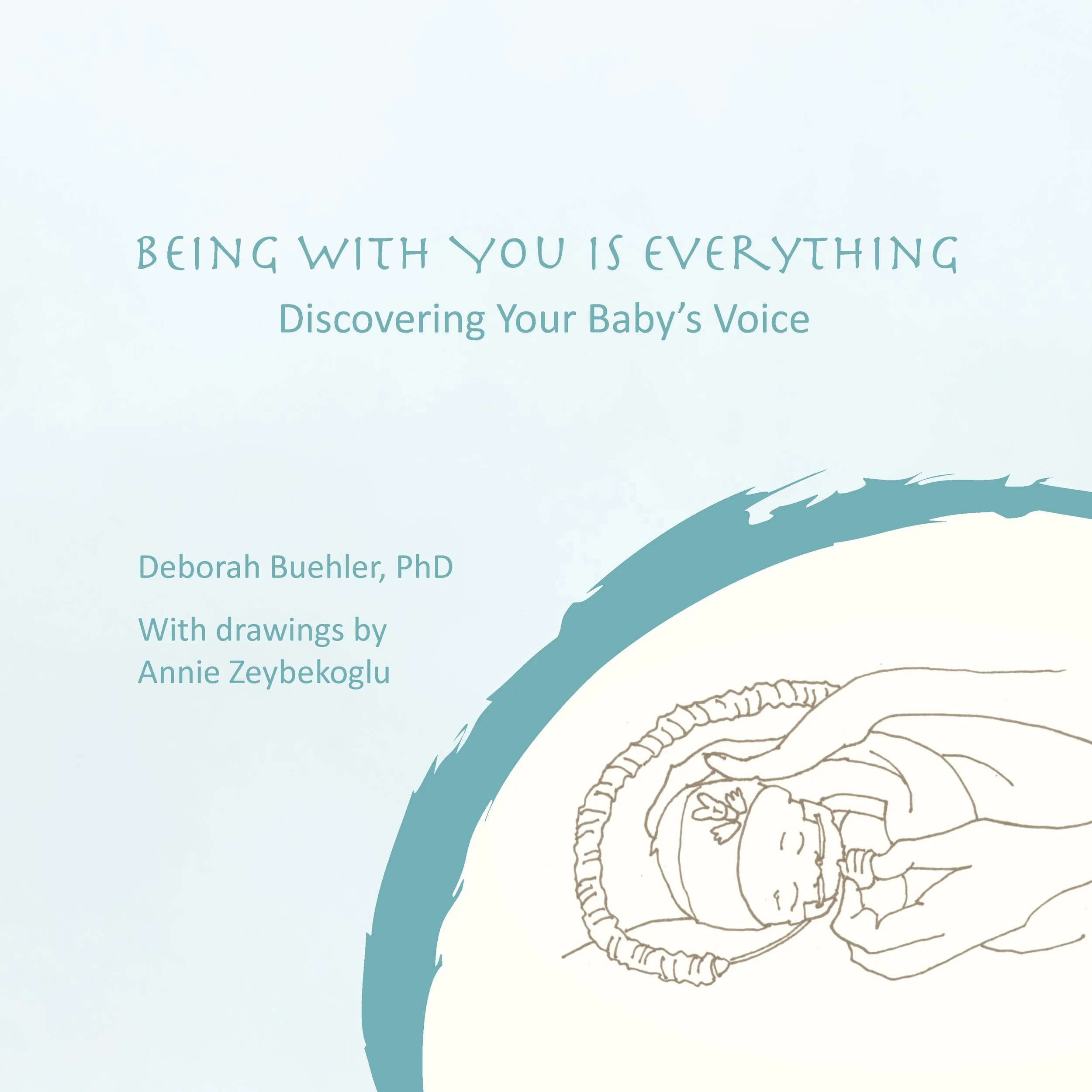Stanley R. Clemens published his book entitled An Unexpected Life: Professor, Author, Fundraiser, Entrepreneur with Modern Memoirs in 2010. This Commissioned Memoir took 3-1/2 years from the day he first contacted us to the day books arrived on his doorstep. We asked Clemens to reflect on what the publication process was like for him, and what it has meant to share his book with others.
1. Whom did you intend your readers to be, and what were your goals in creating the book for them?
Stanley Clemens: I wrote the book for the benefit of my children and grandchildren and any later descendants who might gain access. Although a relatively small audience, it allowed me to share family stories and personal reflections that I might have been hesitant to include if I had planned to share the publication more broadly.
2. Your project was a Commissioned Memoir, or “as-told-to” narrative, which means that we conducted a series of in-person interviews with you and then created the narrative from the transcripts, maintaining your voice. How did the project benefit from this approach, as opposed to you writing the text yourself?
Here’s a story that suggests I was successful. About 10 years after completing my memoir, one of my sons said […], “I reread your memoir last night, and I’d like to hear more about…”
Stanley Clemens: Prior to writing this memoir I had written numerous books professionally, but they were mathematics textbooks. I feared that my writing style might mask important emotions and decided that an “as-told-to” approach would encourage more open sharing with my family. I describe myself as an introvert, but I think these tendencies were not a problem in the end. Talking to Ali de Groot, the interviewer, was like talking to a close friend. Her genuine interest in hearing my story made the process easy and exciting.
Here’s a story that suggests I was successful. About 10 years after completing my memoir, one of my sons said, “When are you going to take me to visit your boyhood landmarks?” About 10 minutes into the 10-hour drive to see those boyhood sights, my son said, “I reread your memoir last night, and I’d like to hear more about that conflict you had with your high school basketball coach. The way you reacted was so out of character for you.”
3. How would you describe the interview process, what it was like to do your own editing after receiving the initial text, and then have our editors work closely with you to polish and complete it? How did this collaborative approach help to shape the final piece?
Stanley Clemens: I began the writing process by writing an outline for the book. I used this outline as I orally told my story to Ali. The interviews involved about 8 day-long sessions which were recorded. It was a very comfortable process. Ali was supportive and respectful throughout. She helped pull out details from me.
When I received the transcripts back, I took the lead over the next months and did the revising that I felt was needed. I reorganized, rearranged, changed wording, and inserted photographs. It was revision work, not editing work. It became my book. As we got close to the end of the process, Modern Memoirs did what I would call formal editing and helped shape a few of the more difficult spots. Throughout it was a very cooperative process.
4. You said that you “found it very difficult to reach back to childhood, to understand who I was then, and to claim that person as myself.” In the end, what helped you access that period of your life and include it in your story?
Stanley Clemens: I think there was a disconnect between who I became as an adult and who I was as a child. As I think about it now, I would point out that among my parents, grandparents, aunts and uncles, and other adults important in my life as a child, there was no one who was a role model for whom I became as an adult. Once I realized that to be the case, I found the disconnect easier to accept and I found the case for writing my memoir more compelling.
5. What advice would you share with others who are considering working with Modern Memoirs on a Commissioned Memoir?
Stanley Clemens: Go for it. I think you will enjoy the experience. The reason it took several years to complete my memoir was on me, not them. The staff was very professional and helpful.
Liz Sonnenberg is staff genealogist for Modern Memoirs, Inc.


